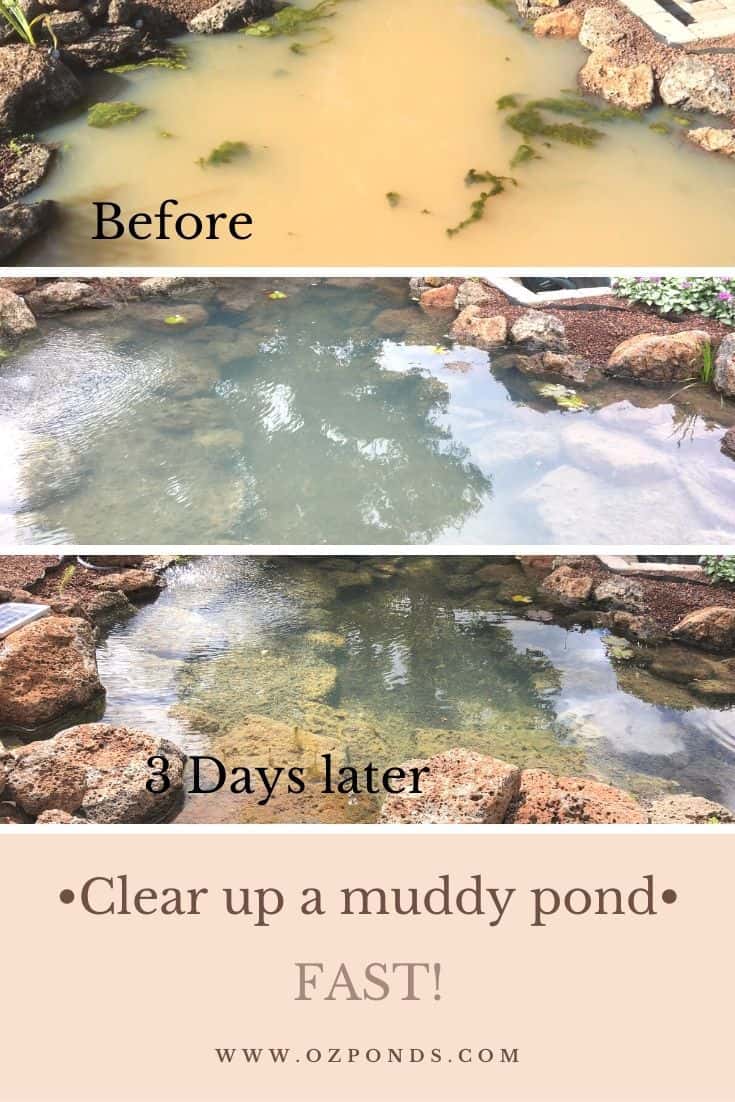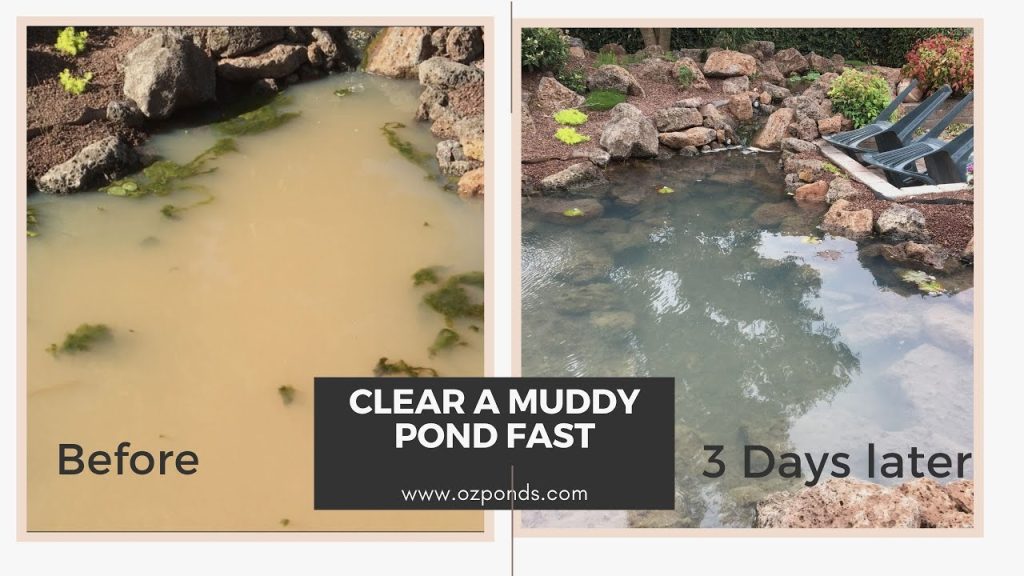Having a pond on your property can be a beautiful addition to your landscape, providing a serene and natural setting. However, if your pond has become muddy, it can detract from its beauty and pose potential issues for the ecosystem within. Fortunately, there are steps you can take to clear up a muddy pond and restore its clarity and health.
Understanding the Causes of Muddy Pond Water
Before diving into solutions, it’s important to understand the common reasons why pond water becomes muddy. Sediment runoff from surrounding areas, decaying organic matter, algae blooms, and fish stirring up the bottom are all potential causes of muddy water in a pond.
Steps to Clear Up a Muddy Pond
Clearing up a muddy pond involves a combination of proactive measures to prevent future muddiness and reactive solutions to address the existing issue. Here are some steps you can take:
1. Assess The Situation
Start by assessing the extent of the muddiness in your pond. Determine the water clarity and identify any visible sources of sediment or organic matter that may be contributing to the issue.
2. Increase Aeration
Poor aeration can lead to stagnant water, which can contribute to muddiness. Consider installing a fountain, waterfall, or aerator to increase oxygen levels in the water and promote circulation.
3. Control Runoff
Address any sources of runoff that may be carrying sediment into your pond. Implement erosion control measures, such as vegetative buffers or retaining walls, to prevent soil from washing into the water.
4. Add Beneficial Bacteria
Beneficial bacteria can help break down organic matter in the pond, reducing the buildup of sediment and improving water clarity. Consider adding a bacterial treatment specifically designed for ponds.
5. Use Pond Dye
Pond dye can help limit sunlight penetration into the water, which can reduce algae growth and improve water clarity. Choose a pond dye that is safe for fish and other aquatic life.
6. Consider Flocculants
Flocculants are chemicals that can help clump together suspended particles in the water, making it easier to remove them. Use flocculants carefully and according to the manufacturer’s instructions.
7. Remove Excess Organic Matter
Regularly remove leaves, twigs, and other organic matter from the pond to prevent them from decomposing and contributing to muddiness. A skimmer or pond net can be useful for this purpose.
8. Use A Pond Vacuum
If there is a significant buildup of sediment at the bottom of the pond, consider using a pond vacuum to remove it. This can help improve water clarity and prevent future muddiness.

Credit: ozponds.com

Credit: www.youtube.com
Maintaining a Clear Pond
Once you have cleared up the muddy pond, it’s important to implement ongoing maintenance practices to keep the water clear and healthy. Regularly monitor water quality, remove debris, and address any issues promptly to prevent muddiness from recurring.
Conclusion
Clearing up a muddy pond requires a combination of proactive measures and targeted solutions to address the underlying causes of muddiness. By understanding the factors contributing to muddy water and taking appropriate steps to improve water quality, you can restore your pond to its natural beauty and create a healthy ecosystem for aquatic life.



